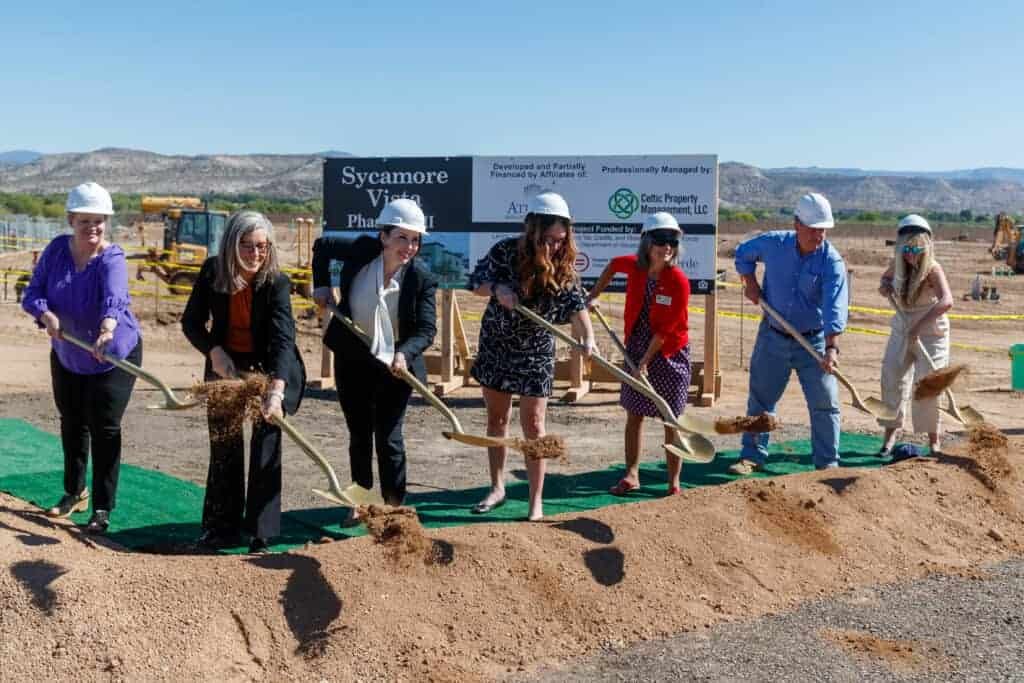bureaucracy
Sedona’s Fee Overhaul: A Game Changer for Arizona

The Sedona City Council took a significant step on Tuesday, November 12, by instructing city staff to advance discussions on potentially increasing development impact fees. This decision came after a comprehensive report highlighted that Sedona’s fees are already higher compared to other Arizona cities.
Interestingly, no public comments were made during the council meeting regarding this matter.
Finance Director Barbara Whitehorn presented comparative data involving cities such as Flagstaff, Gilbert, Fountain Hills, Apache Junction, and Kingman. She remarked, “Apples to oranges is really what we found,” pointing out that many municipalities, like Cottonwood and Camp Verde, do not utilize development fees at all. Instead, these areas rely on grants and capital plans for funding projects.
Whitehorn further noted, “That’s certainly an option for a community, but it does mean that you’re using revenue from other streams.” This observation highlights varying philosophical approaches among cities regarding funding for public initiatives.
Gilbert, a suburb of Phoenix with a population exceeding 267,000, was noted to have development fees comparable to those being considered by Sedona. In contrast, Fountain Hills, with roughly 24,000 residents, boasts lower fee structures.
Kingman, which discontinued its development impact fees in 2011, cited concerns that these fees deterred developers. Whitehorn acknowledged the logic behind Sedona’s proposed fee increases, hinting that the new rates would likely exceed current fees more than double if approved.
Addressing Councilman Brian Fultz’s concerns, Whitehorn explained that the fees aim to offset a portion of the city’s capital program expenditures. She projected that the eligible portion of these costs over the next decade could reach around $20.1 million, encompassing police, parks, and street projects.
Currently, Sedona generates about $615,000 annually from development impact fees, which is a modest 0.58% of the city’s $106.2 million budget.
The city’s budget for fiscal year 2025 anticipates a capital project expenditure of approximately $220.5 million over the next ten years, a significant increase from $51.4 million planned six years ago. Key expenses will center around street reconstruction and a transit system.
Vice Mayor Holli Ploog indicated that street improvements have historically been funded via the general fund. Whitehorn added that implementing a fee increase could lessen the burden on this fund, although its impact remains uncertain.
Diverse opinions emerged among council members regarding the potential fee hike. Newly-elected Councilman Derek Pfaff advocated for balancing fees on a case-by-case basis to address concerns about affecting less desirable development projects. Councilman Pete Furman echoed this sentiment, suggesting that financial support should be provided for projects that align with city goals instead of complicating the fee structure.
Councilman Brian Fultz expressed concern that the increased fees might inadvertently discourage multi-family developments, which could exacerbate existing housing issues. Ploog concurred, proposing a tiered fee structure favoring affordable units.
Whitehorn presented cost estimates for recently permitted homes in Sedona, noting that the proposed fees would constitute roughly 1.5% to 3.1% of overall home costs. She clarified that her analysis utilized market rates more reflective of current conditions, eliminating unreasonably low estimates.
Fultz highlighted that the updated fee for an accessory dwelling unit could reach $9,400. In light of the discussion, City Manager Anette Spickard pledged to draft alternative multi-family fee proposals for the council’s consideration in their upcoming meeting on November 26. The decision on increasing the fees is expected to be finalized on January 14.


















